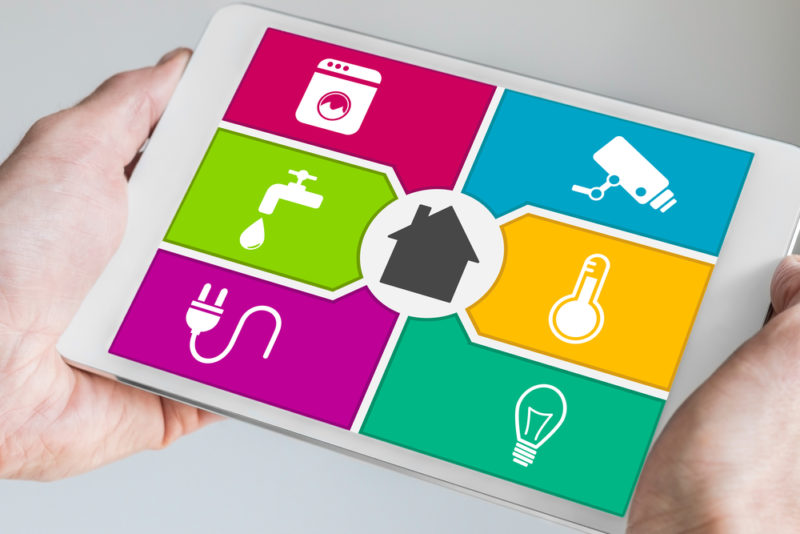The HVAC industry has come a long way since introducing the first heating and cooling systems for residential use. If you want to know more about how you can heat and cool your Three Rivers, Texas, home more efficiently, take a closer look at a few of the most innovative advancements in the HVAC world. Some of the shifts to heating and cooling technology could change the industry.
Smart Thermostats
Smart thermostats have been part of smart home technology for a few years. They have transformed the way people heat and cool their homes. A smart thermostat connects to your home’s Wi-Fi network, which allows you to access it remotely via an app on your smartphone. You can also set up a detailed schedule for heating and cooling to help reduce energy waste while maintaining a comfortable atmosphere when you’re at home and awake.
Some smart thermostats also include features that track your habits and make automatic adjustments to help you save energy. You can choose a unit that includes a movement sensor, which can determine when people are at home and adjust the temperature accordingly. Reviewing the energy usage reports produced by your smart thermostat can also give you insights into where you can make changes and keep your HVAC bills under control.
Zoned Heating and Cooling
When you live in a larger home, heating or cooling the entire space can be expensive. It’s especially frustrating for those who don’t utilize every room in their home because the empty rooms still have air flowing through them, which costs more in monthly bills.
HVAC zoning is an ideal solution to this common problem. Setting up zones within the home allows you to control the temperature in each area separately. As a result, you gain more control over which rooms need heating or cooling.
One option for HVAC zoning is adding flow dampers within the ductwork that you can control to limit airflow to a certain area. Some homeowners choose to upgrade their HVAC system with ductless units. You can connect multiple units to create several zones within your home.
Indoor Air Quality Products
Breathing dirty, polluted air is a real concern for many people across the nation. The indoor air quality in your home can be impacted by a number of contaminants, including pollen, biological growth, pet hair, dander, dirt, dust and volatile organic compounds produced by household products. People who suffer from allergies tend to experience health symptoms when exposed to unhealthy indoor air, including congestion, sore throats, eye irritation, headaches and skin rashes. Long-term exposure can result in even more concerning health effects.
Modern HVAC units are more efficient than ever before. They can assist in maintaining better indoor air quality. Additional products are available that will improve the quality of the air you breathe in your home. You could add an air purifier to your HVAC system, which will act as an additional layer of filtration to remove contaminants from the air that moves through your vents. Humidifiers and dehumidifiers can alter the moisture level in the home, while a UV lamp can remove harmful bacteria from the air you breathe.
Geothermal HVAC
Geothermal HVAC systems are also becoming more common in residential applications. A geothermal unit relies on natural and renewable energy sources to provide both heating and cooling to a home while reducing the carbon footprint of those who live within the space. You can find geothermal technology in the latest heat pumps, which operate in a similar manner to a refrigerator.
A heat pump simply moves air based on your temperature settings. As a result, it can operate through the changing seasons to maintain a comfortable indoor atmosphere. A geothermal heat pump costs more to set up, but it can help you reduce your bills over its lifespan.
At Bodine-Scott Air Conditioning Co., we’re a local HVAC company that can help you take advantage of innovative HVAC advancements. Contact us today at (361) 883-9900 to learn more. We carry a wide selection of advanced HVAC technologies.
Image provided by Shutterstock

